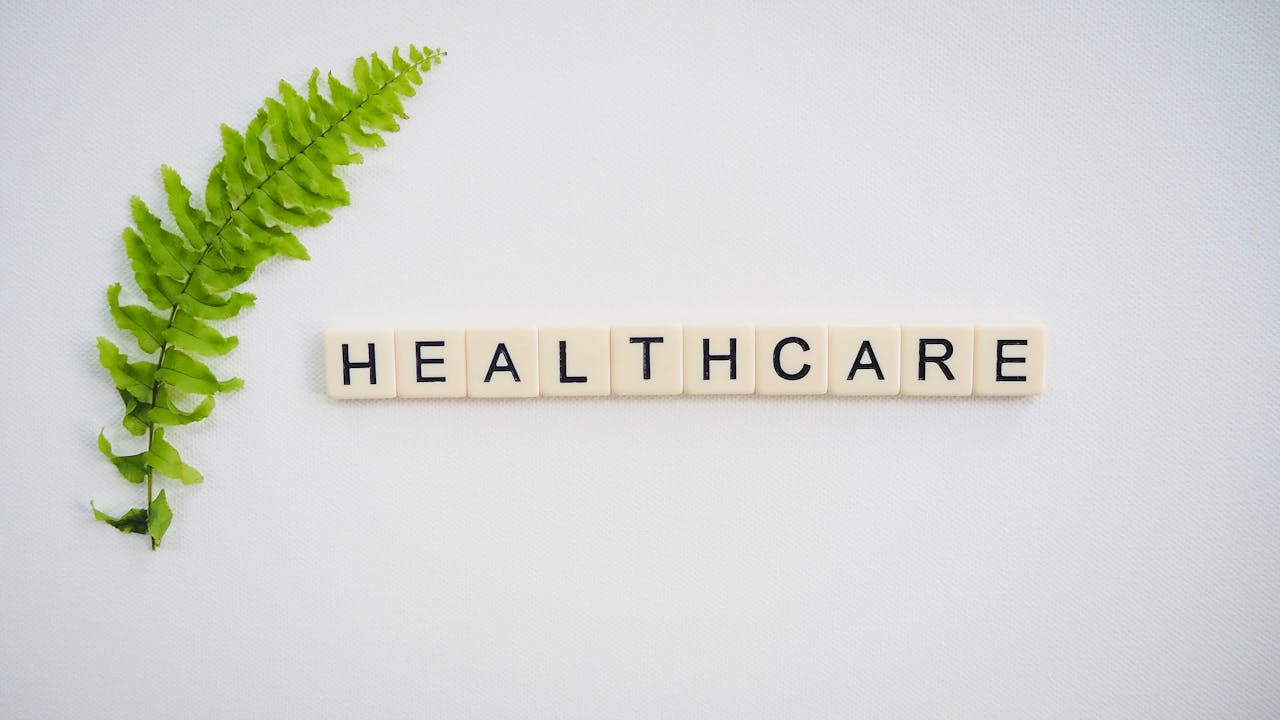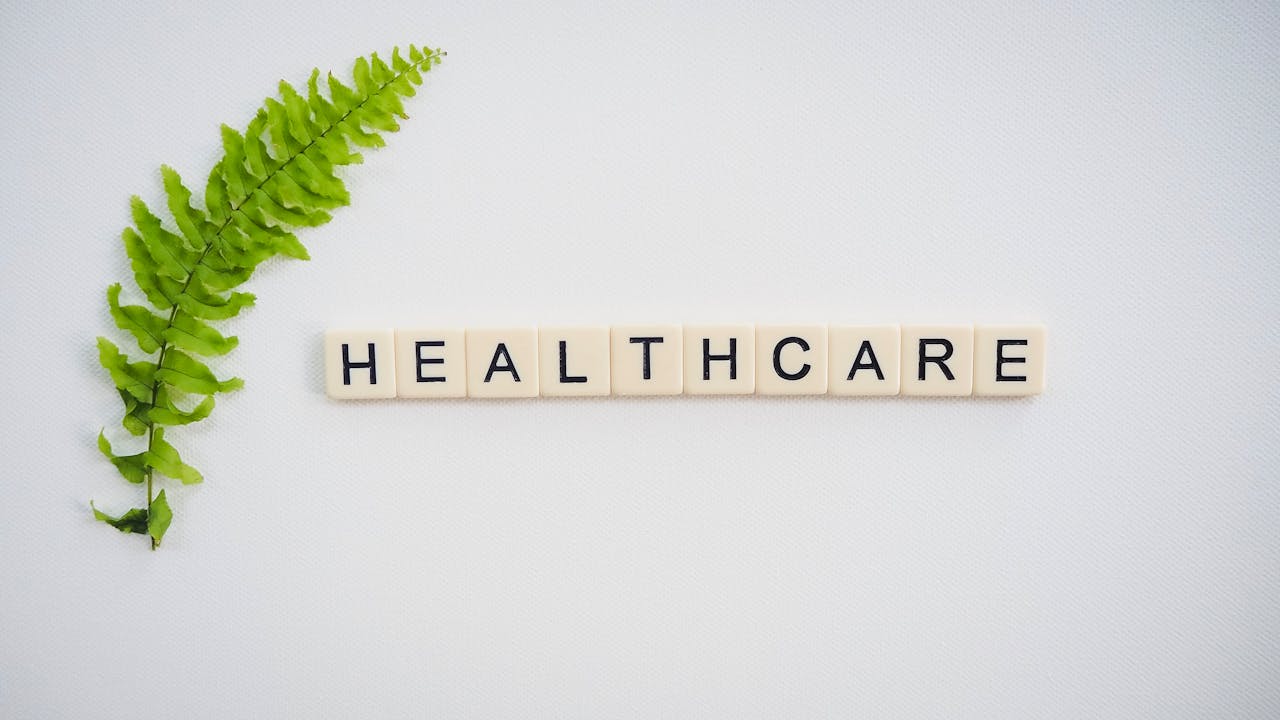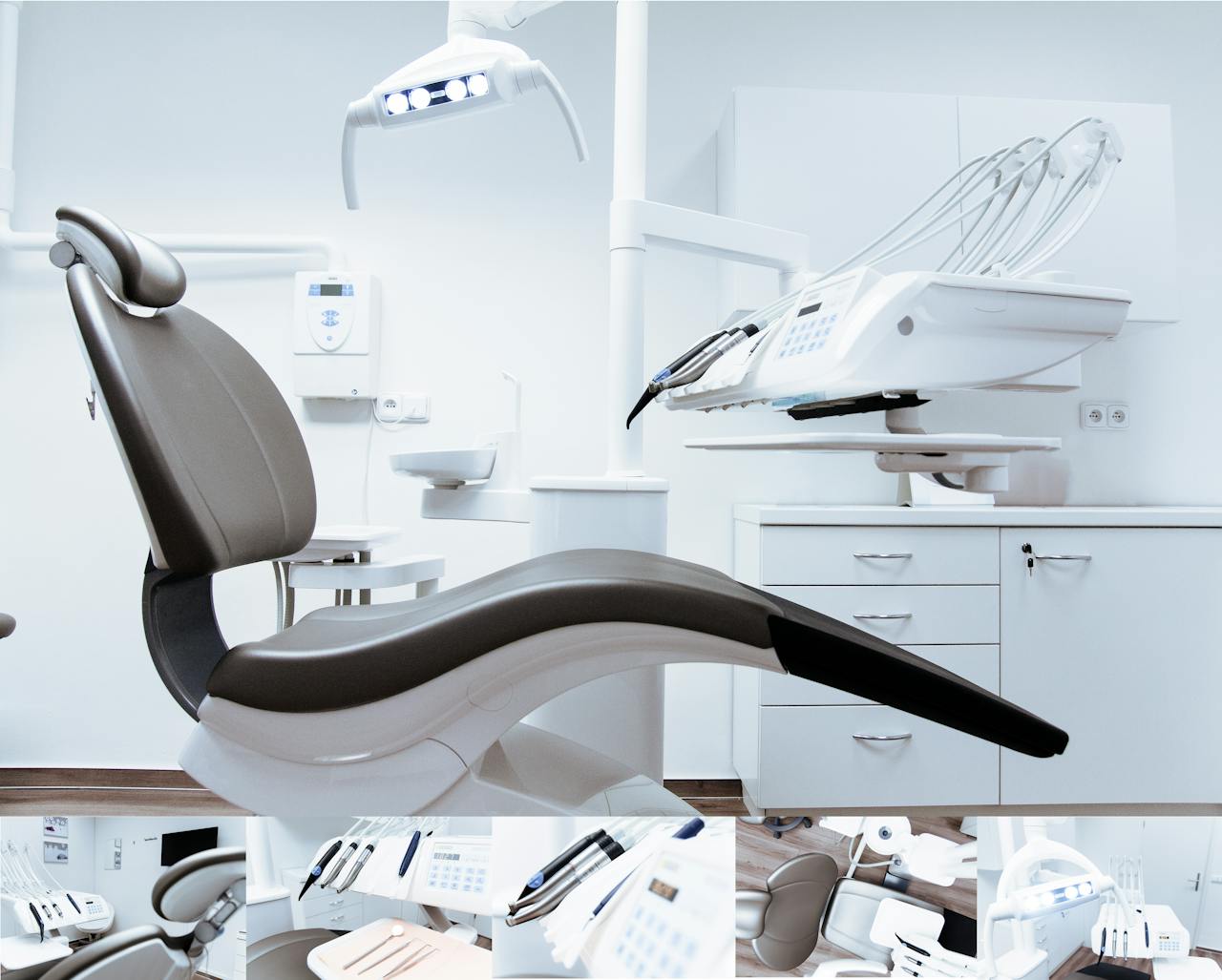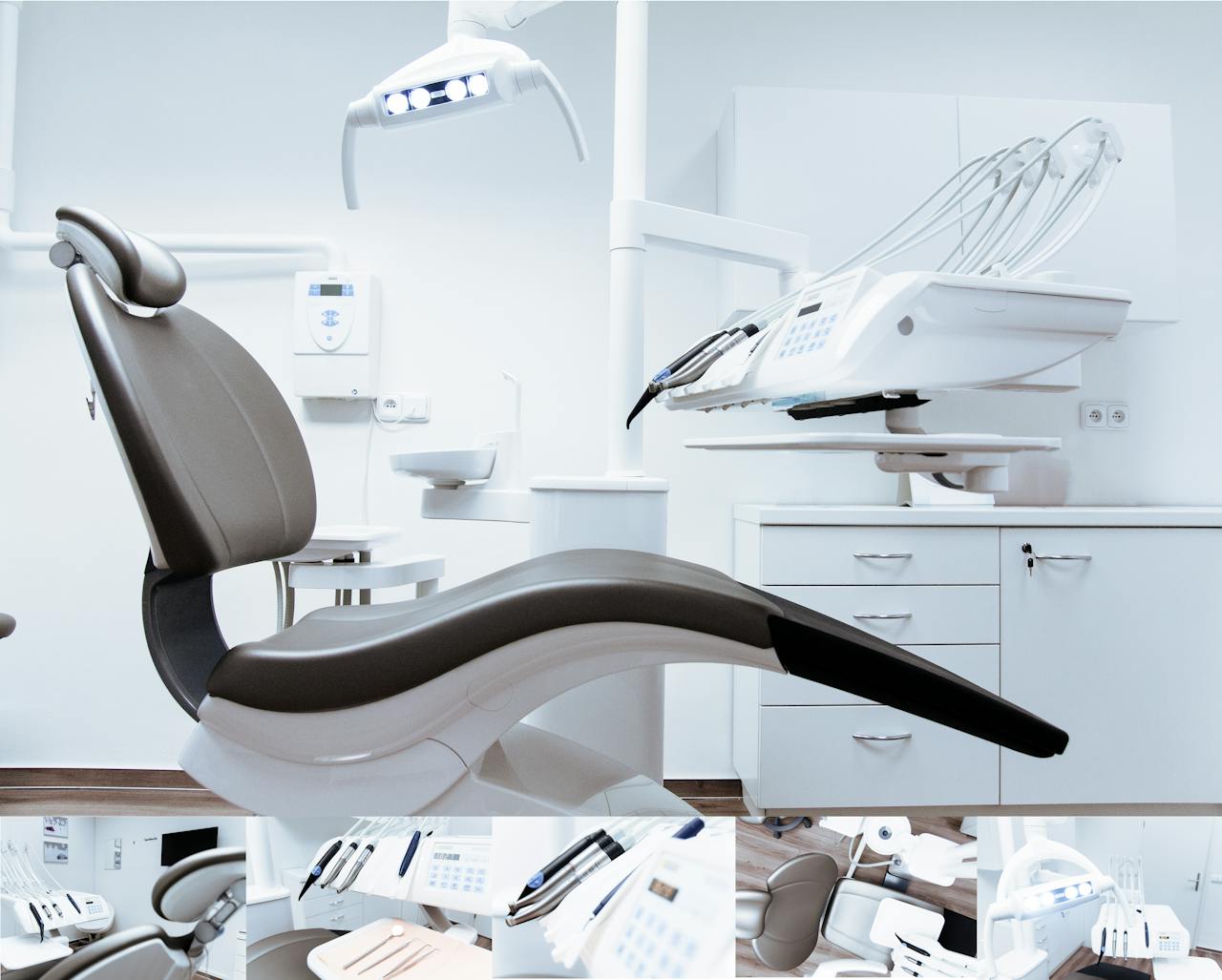The Importance of Preventive Care: Screening Tests and Health Checkups for Disease Prevention
Preventive care plays a crucial role in maintaining good health and reducing the risk of serious health problems. By undergoing regular screening tests and health checkups, individuals can detect potential health issues early, allowing for timely intervention and disease prevention. In this guide, we'll explore the importance of preventive care and the screening tests and health checkups recommended for disease prevention.
The Importance of Preventive Care: Screening Tests and Health Checkups for Disease Prevention
Preventive care plays a crucial role in maintaining good health and reducing the risk of serious health problems. By undergoing regular screening tests and health checkups, individuals can detect potential health issues early, allowing for timely intervention and disease prevention. In this guide, we'll explore the importance of preventive care and the screening tests and health checkups recommended for disease prevention.


Early Detection of Health Issues
Preventive care involves routine screenings and health assessments that can detect potential health issues in their early stages. Early detection allows for prompt intervention and treatment, which can significantly improve health outcomes and prevent the progression of diseases.
Risk Assessment and Prevention
Regular health checkups enable healthcare providers to assess an individual's overall health status and identify potential risk factors for various diseases. Based on this assessment, preventive measures and lifestyle modifications can be recommended to reduce the risk of developing certain health conditions.
Early Detection of Health Issues
Preventive care involves routine screenings and health assessments that can detect potential health issues in their early stages. Early detection allows for prompt intervention and treatment, which can significantly improve health outcomes and prevent the progression of diseases.
Risk Assessment and Prevention
Regular health checkups enable healthcare providers to assess an individual's overall health status and identify potential risk factors for various diseases. Based on this assessment, preventive measures and lifestyle modifications can be recommended to reduce the risk of developing certain health conditions.
Management of Chronic Diseases
For individuals with chronic diseases such as diabetes, hypertension, and cardiovascular disease, preventive care plays a crucial role in managing their condition and preventing complications. Regular monitoring, medication management, and lifestyle counseling are essential components of preventive care for chronic diseases.
Immunizations and Vaccinations
Immunizations and vaccinations are an integral part of preventive care, protecting individuals against infectious diseases such as influenza, measles, mumps, and hepatitis. By staying up-to-date on recommended vaccinations, individuals can reduce their risk of contracting vaccine-preventable illnesses and protect their overall health.
Health Promotion and Education
Management of Chronic Diseases
For individuals with chronic diseases such as diabetes, hypertension, and cardiovascular disease, preventive care plays a crucial role in managing their condition and preventing complications. Regular monitoring, medication management, and lifestyle counseling are essential components of preventive care for chronic diseases.
Immunizations and Vaccinations
Immunizations and vaccinations are an integral part of preventive care, protecting individuals against infectious diseases such as influenza, measles, mumps, and hepatitis. By staying up-to-date on recommended vaccinations, individuals can reduce their risk of contracting vaccine-preventable illnesses and protect their overall health.
Health Promotion and Education
Preventive care visits provide opportunities for health promotion and education, empowering individuals to make informed decisions about their health and well-being. Healthcare providers can offer guidance on healthy lifestyle behaviors, preventive measures, and disease management strategies to promote optimal health outcomes.
Screening Tests for Disease Detection
Screening tests are an essential component of preventive care, allowing for the early detection of various diseases and conditions. Common screening tests include mammograms for breast cancer, Pap smears for cervical cancer, colonoscopies for colorectal cancer, and blood tests for cholesterol levels and diabetes.
Lifestyle Counseling and Behavioral Interventions
Preventive care visits often include lifestyle counseling and behavioral interventions aimed at promoting healthy habits and reducing the risk of chronic diseases. Counseling may cover topics such as nutrition, physical activity, smoking cessation, stress management, and alcohol moderation.
Preventive care visits provide opportunities for health promotion and education, empowering individuals to make informed decisions about their health and well-being. Healthcare providers can offer guidance on healthy lifestyle behaviors, preventive measures, and disease management strategies to promote optimal health outcomes.
Screening Tests for Disease Detection
Screening tests are an essential component of preventive care, allowing for the early detection of various diseases and conditions. Common screening tests include mammograms for breast cancer, Pap smears for cervical cancer, colonoscopies for colorectal cancer, and blood tests for cholesterol levels and diabetes.
Lifestyle Counseling and Behavioral Interventions
Preventive care visits often include lifestyle counseling and behavioral interventions aimed at promoting healthy habits and reducing the risk of chronic diseases. Counseling may cover topics such as nutrition, physical activity, smoking cessation, stress management, and alcohol moderation.


Preventive care is essential for maintaining good health, preventing diseases, and promoting overall well-being. By undergoing regular screening tests, health checkups, immunizations, and lifestyle counseling, individuals can take proactive steps to protect their health and reduce their risk of developing serious health problems. Investing in preventive care not only improves individual health outcomes but also contributes to the overall health of communities and populations. Therefore, prioritizing preventive care should be a cornerstone of every individual's healthcare regimen.
Preventive care is essential for maintaining good health, preventing diseases, and promoting overall well-being. By undergoing regular screening tests, health checkups, immunizations, and lifestyle counseling, individuals can take proactive steps to protect their health and reduce their risk of developing serious health problems. Investing in preventive care not only improves individual health outcomes but also contributes to the overall health of communities and populations. Therefore, prioritizing preventive care should be a cornerstone of every individual's healthcare regimen.












